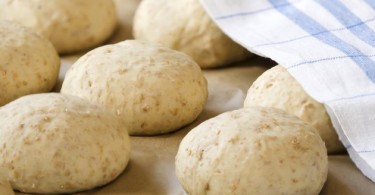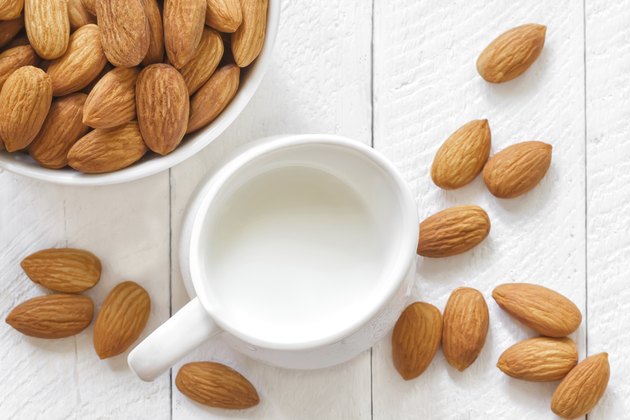Gluten: Suddenly, everyone seems to have a problem with it. Even people who aren't necessarily allergic or intolerant to gluten are avoiding it because, well — why, exactly?

Advertisements
Demonizing gluten falls very neatly into the anti-carb trend that characterizes diets like Atkins and keto. But is it really bad for our health or is this just another food fad that doesn't hold up to scientific scrutiny?
On this week's episode of the Stronger podcast, we speak to holistic nutritionist and author Elissa Goodman about the rise in gluten avoidance and what's really behind this trend.
The answers are not as obvious as you might think — not all gluten is created equal. For example, have you ever noticed that indulging in bread, pasta and other gluten-filled foods in a European country doesn't have the same negative side effects as consuming them in the United States?
As someone who who holds very strong opinions on the negative impact gluten has on our health, Elissa Goodman sheds some light on how gluten is affecting us and just how worried we should be about our gluten consumption.
Listen to Your Brain on Gluten to hear what Elissa has to say about the ubiquitous substance — and visit Thrive Market for all your organic food needs!
You can also read some of the highlights from our interview with Goodman about what gluten does to our brains, below.
What Accounts For the Sudden Increase In Gluten Intolerance, Especially In America?
Gluten is a mixture of two proteins that form a gluey-type substance. It's what makes bread fluffier and bigger. And basically, one of those protein substances is what people react to.
The reason why we are seeing a difference in all these years is because we are overdoing the gluten. We eat wheat and gluten at every single meal, and we eat a lot of it. And, in America, we're adding more gluten to products to make them bigger and fluffier.
Advertisements
Also, the way we grow wheat is so different — we're raising wheat that is drought-intolerant and can withstand a broad range of temperatures. It's not raised the old-fashioned way. I think the chromosomes in wheat these days is like double of what they used to be.
In Europe, the food is cleaner. There are no GMOs allowed. They raise their wheat the old-fashioned way. They don't add gluten to the products at all and a lot of times it's organic and just fresher than we have here in America. We also have fillers and chemicals in our pastas, pizza doughs, and our bread. That is also a problem. Not only the gluten, but it's the fillers that are in these things too.

Advertisements
How Does Gluten Affect Our Brain?
Gluten is inflammatory and we're eating so much of it. It affects our brain because it causes inflammation in the body. Because of inflammation, it is causing Alzheimer's, dementia, MS, brain fog — all kinds of things.
How Does Gluten Affect the Gut?
It does a number on the gut because the gluten is almost like a foreign substance when it goes into the gut. It acts like a bad bacteria, and the body fights it.
In the gut, gluten eats away at the intestinal lining, and these days, our guts are not as healthy as they should be. Then by overdoing the gluten, we are left with a lot of digestive issues: Bloating, diarrhea, the list goes on.
Breaking Down a Gluten Intolerance: What’s Happening Inside?
Someone with an intolerance and strong reaction to gluten has a lot of inflammation. I also think they have a build-up of a lot of toxins in the body like: Pathogens, the overgrowth of bacteria, and viruses. I think they are really sensitive because there is a lot going on that the body is trying to fight off to try and stay in a homeostasis place.
Is Sourdough Bread Easier On the Digestive System?
Absolutely. Because sourdough bread is fermented. That wheat has been broken down, and the carbs have been lessened so people can digest it better. Any kind of fermented food, people digest better.
What Are Your Favorite Gluten-Free Breads?
KNOW is one that I love and is sold at Whole Foods and Erewhon but can be shipped to your house. It's very clean. They do buns, waffles, pancakes, and bread. And at Erewhon, they make tons of gluten-free breads that are fantastic.
To learn more about what gluten does to your brain, listen to the full episode here.





Comments